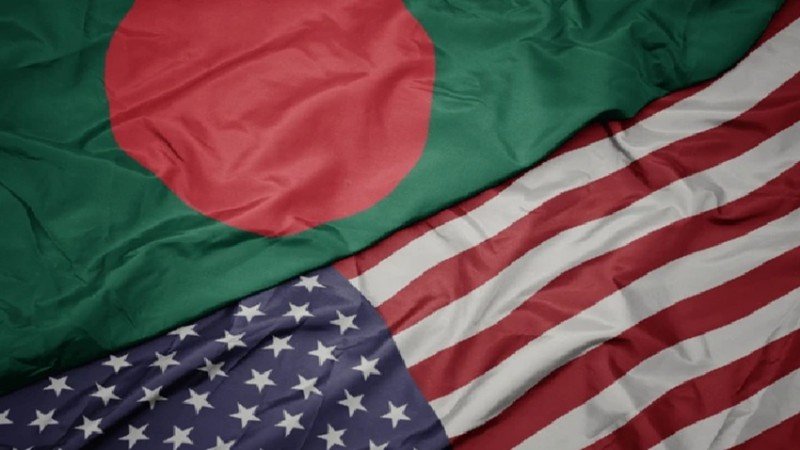
Bangladesh has successfully secured a 20% US tariff rate; comparable to its key apparel, matching key competitors such as Sri Lanka, Vietnam, Pakistan and Indonesia, all of which received rates between 19% and 20%.
According to Chief Adviser’s press wing, the outcome ensures that Bangladesh’s relative competitiveness in the global apparel market remains intact.
In contrast, India was assigned a higher 25% tariff after failing to finalize a comprehensive deal with Washington.
Dr. Khalilur Rahman, Bangladesh’s National Security Adviser and lead negotiator, emphasized the country’s strategic approach. “We negotiated carefully to ensure that our commitments aligned with our national interests and capacity,” he said.
“Protecting our apparel industry was a top priority, but we also emphasized purchasing US agricultural products; supporting both our food security goals and fostering goodwill with American farming states.”
Dr. Rahman added that Bangladesh successfully avoided a potential 35% reciprocal tariff, calling it a major win for the apparel sector and the millions of workers who rely on it. “We’ve preserved our global competitiveness and expanded opportunities in the world’s largest consumer market,” he noted.
The announcement came as President Donald Trump unveiled new tariffs; reaching up to 41%, on imports from 70 countries, just ahead of the August 1 deadline for concluding bilateral trade negotiations.
These agreements go beyond tariff adjustments, incorporating domestic policy reforms tied to trade imbalances, non-tariff barriers and broader national security considerations.
Countries seeking lower tariffs were required to make binding commitments to purchase U.S. goods, particularly in agriculture and energy, as part of efforts to reduce the U.S. trade deficit.
According to the Chief Adviser’s press wing, the negotiation process was complex and comprehensive.
The level of tariff relief granted to each country reflects the depth of its commitments across all key areas, as outlined in President Trump’s executive order.
 Weekly Bangla Mirror | Bangla Mirror, Bangladeshi news in UK, bangla mirror news
Weekly Bangla Mirror | Bangla Mirror, Bangladeshi news in UK, bangla mirror news







